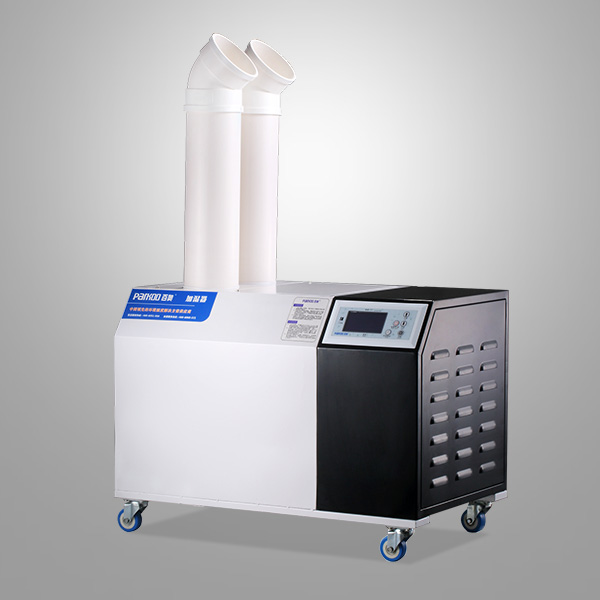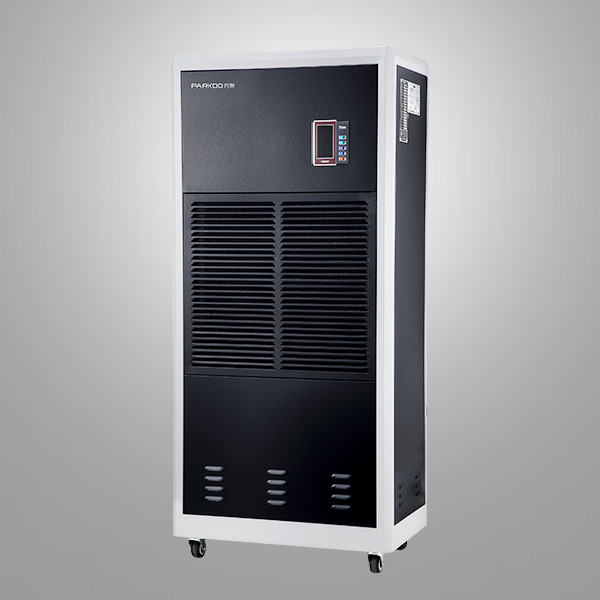The most important reason for the successful management of the London haze is the discovery of the noRTh Sea oil fields in 1965; followed by Industrial upgrading, with London becoming a center of financial and service industries and factories relocated to other regions of the United Kingdom and even all over the World; and a variety of measures in terms of real Environmental management, which have not been very effective.
With the vigorous development of the north Sea oilfields in the 1960s and 1980s, natural gas replaced coal as the main fuel in the U.K. Coal was completely replaced in the 1980s, and by the end of the last century natural gas accounted for more than 50% of the U.K.'s energy mix.
Chai said in his speech that "after two decades of fighting pollution (1960-1980), the UK replaced 20% of its coal with oil and 30% with natural gas", so we should also be using clean energy to replace coal now.
Spoken so softly, as if oil flows in rivers and natural gas Comes from the gale.
The North Sea oil fields are the third largest in the world in terms of oil and gas reserves, after the Middle East and Venezuela, and we all know how large the oil and gas reserves are in these two places, so we can understand that the North Sea oil fields are really more than enough to supply the UK with energy.
London has been working on air pollution Since 1821 at the latest, and for more than a hundred years it has been ineffective, but on the contrary, it has gotten worse beCause of industrial development and the popularity of automobiles. Until 1948, 98% of Londoners still relied on their own stoves to burn raw coal to make a fire, with nearly ten million Small stoves belching black smoke every Day.
Although the government introduced legislation to restrict the burning of raw coal after the London smog, the impact was minimal. people have to make fires to heat their homes and cook, and factories use tens of millions of tons of coal every year, so it's just what they Need.
Above is the 1952 London smog event, which killed more than 5,000 people in five days, followed by 8,000 unnatural deaths in the next two months.
Therefore, the London haze phenomenon can be managed mainly because of the North Sea oil fields and industrial upgrading, both of which have little direct relationship with haze management.
I really hope that the South China Sea can also suddenly discover a huge reserves of "South China Sea oil field", and then within ten years, coal for natural gas, to solve the haze problem.
If you are being haze plagued, then come to a set of new air Purifier, properly will stay away!
















